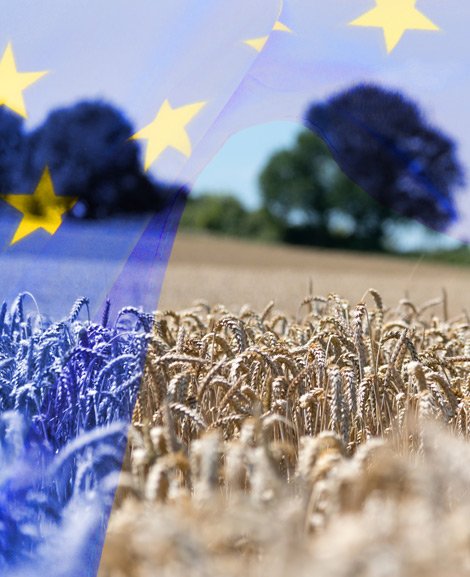Why are we running this project?
As a German foundation, we seek to support European climate goals in line with the Paris Agreement, while also addressing existing environmental and social challenges within and beyond EU borders. Land use is central to the climate challenge: Forests and agricultural lands cover more than three quarters of the EU’s territory, emissions from agriculture account for a significant share of total EU greenhouse gas emissions, and soils and ecosystems provide much-needed carbon sinks. Pressure on land is strong because the need to increase carbon sinks and protect biodiversity is in direct conflict with the dominant agricultural production model we have today. At the same time, Europe’s efforts to address these needs should not create negative externalities and increase the pressure on land and production in other global regions.
Engaging with a broad range of actors, from farmers and unions to food producers and consumers, we want to contribute to a just transition in the land use sector, so that agriculture and nature protection become a central part of the climate change solution, while addressing social inequalities and strengthening rural communities. To make this happen, we are partnering with the European Climate Foundation (ECF), building on their experience to forge impactful coalitions that include policy makers, civil society organizations, philanthropy and the private sector.
What are our goals?
Through coalition building, policy analysis and strategic communications, the program aims at aligning the Common Agriculture Policy (CAP) with the goals of the EU Green Deal, the Biodiversity and the Farm to Fork strategies. It also aims at motivating key member states to adopt much more ambitious national strategic plans that include pathways for a socially just transition out of unsustainable agri-industrial models.
Using analysis of Europe’s role in driving deforestation outside the continent, the program intends to raise consumer awareness of EU demand for imported soft commodities that are the main drivers of biodiversity loss and illegal logging. The program wants to encourage EU institutions and key EU Member States to adopt strong policies to ensure deforestation-free supply chains and to explore trade policy levers that protect forests globally.
How does the project work?
The program strengthens and initiates efforts by key civil society actors working on climate and land use in Brussels and in key member states to reform EU land use policies. It supports the development and sharing of common resources such as relevant scientific research, policy analysis, and communication tools. Beyond this direct support, the program aims at convening actors across sectors that help develop integrated approaches and draw support from different stakeholder groups.


